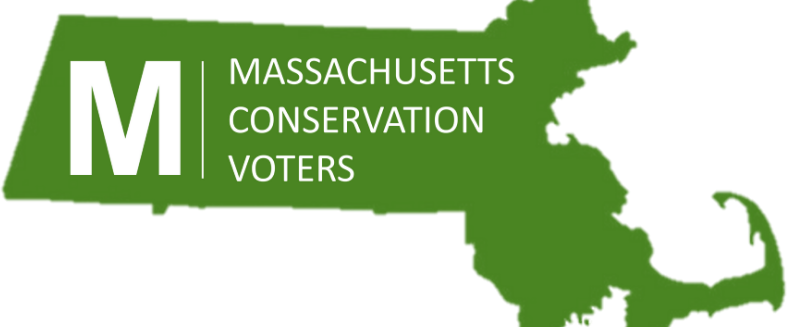MCV’s November Blog, The Economic Development Bill
Chuck Anastas | November 6, 2022
The Economic Development Bill, H. 5374, passed by the Legislature last week, includes $100 million (out of a total of $175 million) for communities disenfranchised from the state park system bringing much-needed open space and recreation to historically ignored and underfunded neighborhoods.
The $100 million targeted for new and existing open spaces includes $75 million for environmental justice communities and $25 million for neighborhoods “disproportionally impacted by the 2019 novel coronavirus.” The Legislature has heard from its constituents the importance of open spaces, which played a crucial role in helping all of us survive the impacts of the pandemic. Improving and expanding open spaces and pedestrian and bike trail connections for these neighborhoods must be a priority for our citizens’ health, safety, and enjoyment.
However, the bill is a mixed bag in other ways. While the $175 million may be spent rebuilding and expanding our state park system, they are not exclusively targeted for that purpose. For example, funds may be used for dredging, with one dredging project potentially consuming a substantial portion of the total. And $100 million of the spending is left to the priorities of the executive offices of Energy and Environmental Affairs and Administration and Finance. While we have no reason to believe that the Department of Conservation and Recreation (DCR) will not be consulted, it points to a further erosion of the agency’s autonomy and ability to identify critical projects and initiatives without seeking approval from offices far removed from the day-to-day operations and needs of the state park system.
H. 5374 also includes more than $41.3 million in spending on community park-related projects, otherwise known as earmarks (click here or see below). MCV appreciates the Legislature isolating this spending in separate line items so as not to eat away at funds for the state’s open space system. These new appropriations for community parks, with an additional $20 million for Community Preservation Act communities, are an essential admission that open space continues to be a priority for neighborhoods across the Commonwealth. A state parks system cannot fulfill the needs of all of the state’s open space needs; towns and cities need to create their open space vision working hand-in-hand with DCR toward a 21st-century park system.
DCR did receive some exclusive funding: $330,000 for special projects, $1 million for the Leo Martin Golf course in Newton, $210,000 for the John Boyle Memorial Plaza in Boston, $250,000 for improvements to the VFW Parkway, $100,000 for Stony Brook Reservation in Boston, $75,000 for the Mary O’Malley State Park in Chelsea, and $75,000 for a landscape management plan along the Charles River in Newton. All but the $333,000 is targeted spending, and we suspect these funds are for further development of the agency’s strategic plan.
MCV thanks the conference committee: Ways and Means Chairs Aaron Michlewitz (House) and Michael Rodrigues (Senate), both of whom continue to display a commitment to open space and recreation, along with representatives Mark Cusack and Michael Soter and senators Eric Lesser and Patrick O’Connor. While we had hoped for more funding to decrease the $1 billion deferred maintenance backlog and to begin the unfunded Parkway Master Plan reconstruction projects, we cannot ignore the significant steps the Legislature has made during this legislative session.
2022 is a watershed year for conservation and recreation. Still, much more needs to be done before we reverse more than a decade of ignoring and underfunding our essential open space and recreational resources.
Chuck Anastas is the Chair of MCV’s Board of Directors
